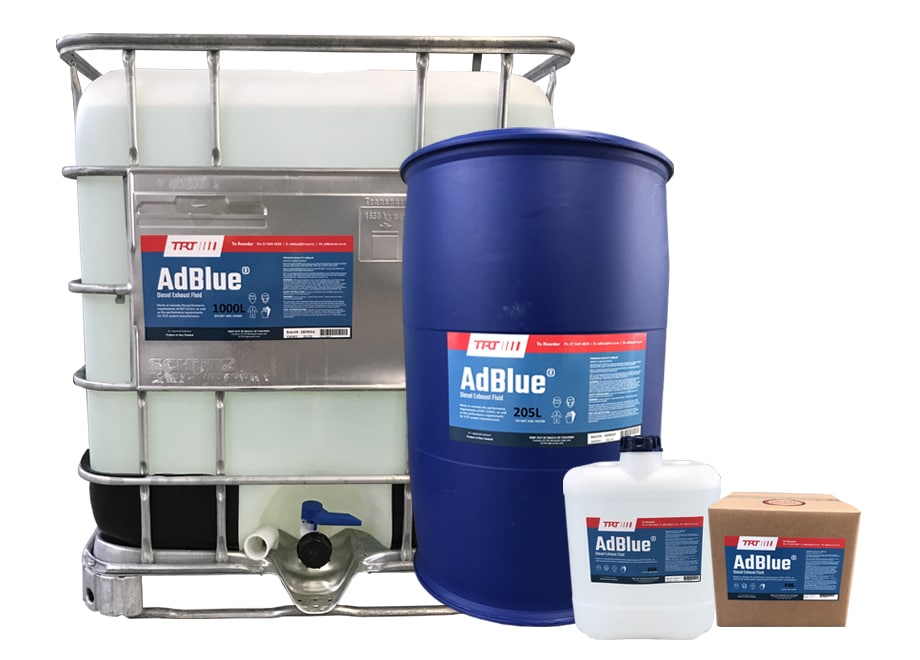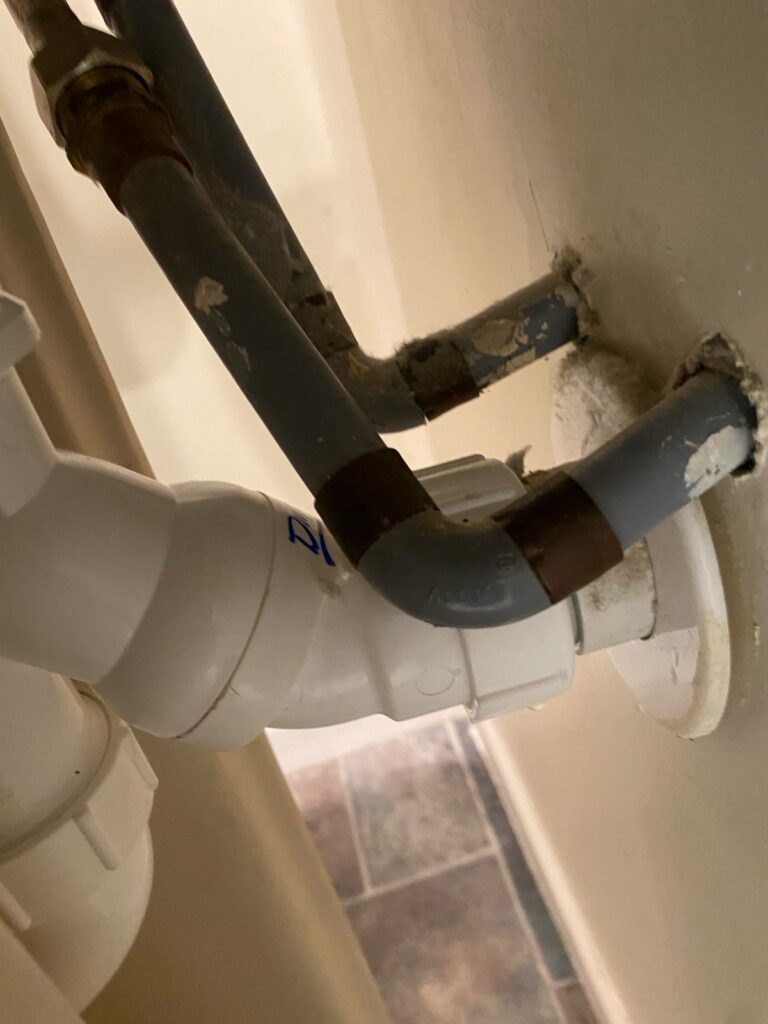In New Zealand, the growing focus on reducing vehicle emissions has put AdBlue, a crucial additive for diesel vehicles, in the spotlight. AdBlue is an eco-friendly fluid designed to reduce harmful emissions from diesel engines, especially those equipped with Selective Catalytic Reduction (SCR) systems.
Made from high-purity urea and deionised water, AdBlue helps convert nitrogen oxides—a significant pollutant from diesel engines—into harmless nitrogen and water vapour, improving air quality and aligning with New Zealand’s strict emissions standards.
However, incorrect use of AdBlue can lead to issues like damaged SCR systems, reduced vehicle efficiency, and unexpected maintenance costs. To help New Zealand drivers and fleet operators get the most out of their AdBlue usage and avoid these costly pitfalls, this article highlights people’s common mistakes with AdBlue and provides practical tips for proper handling and usage.
Understanding AdBlue: What It Is and How It Works
AdBlue, also known as Diesel Exhaust Fluid (DEF), is not an additive for diesel fuel; instead, it is a fluid stored in a separate tank within diesel vehicles that have SCR systems. This system is a part of many modern diesel engines and works by injecting AdBlue directly into the exhaust system.
As the AdBlue heats up, it undergoes a chemical reaction that breaks down nitrogen oxides, one of the more harmful pollutants produced by diesel engines, converting them into harmless nitrogen gas and water vapour. This process is vital for meeting environmental regulations and reducing the environmental impact of diesel vehicles.
In New Zealand, the use of AdBlue is particularly important due to strict emissions regulations aimed at lowering vehicle-generated pollution. Proper AdBlue usage ensures that vehicles operate in compliance with these regulations while helping vehicle owners avoid fines and penalties.
For fleet operators, maintaining AdBlue usage is also a key part of keeping their diesel engines running efficiently and maximising fuel economy. Understanding how AdBlue interacts with an SCR system can help drivers and businesses avoid issues that could result from improper handling and lead to expensive repairs or decreased performance.
Common Mistakes to Avoid When Using AdBlue
Using AdBlue improperly or neglecting best practices for handling and maintenance can lead to costly repairs and performance issues. By understanding these common mistakes, New Zealand drivers can avoid potential problems and make the most of this essential fluid.
Using AdBlue Alternatives or Unapproved Products
One of the biggest mistakes vehicle owners make is opting for cheaper, unapproved alternatives to AdBlue. These products often don’t meet the high-purity standards required for safe use in SCR systems and can contain impurities that damage the sensitive components of these systems. While it may be tempting to cut costs by using non-certified products, this can lead to clogged injectors, increased emissions, and potential vehicle downtime for repairs.
Using only certified AdBlue products from reputable suppliers ensures compatibility and performance while preventing issues that could lead to expensive repairs. For New Zealanders who rely on their vehicles for work or daily commuting, maintaining the integrity of the SCR system by choosing certified AdBlue is essential for both compliance and peace of mind.
Improper Storage Practices
AdBlue is sensitive to temperature and light, and improper storage can quickly degrade its quality, rendering it less effective or unusable. In New Zealand’s variable climate, where temperatures can fluctuate significantly, it’s important to store AdBlue in a cool, shaded place to prevent it from breaking down.
Storing AdBlue in areas exposed to direct sunlight or high temperatures can lead to chemical breakdown, which reduces the urea concentration and, therefore, its ability to convert nitrogen oxides into safer compounds. If AdBlue freezes during the colder months, it’s safe to thaw it and use it as long as the process is gradual and controlled.
However, excessive exposure to heat should always be avoided. For vehicle operators, especially those who buy in bulk, proper storage practices are crucial for preserving AdBlue’s efficacy and avoiding unnecessary waste.
Mixing AdBlue with Diesel or Other Fluids
One of the most costly mistakes drivers make is accidentally mixing AdBlue with diesel fuel. AdBlue is stored in a separate tank, and putting it into the diesel tank can severely impact the engine’s performance, potentially causing engine failure. Conversely, adding diesel to the AdBlue tank can clog or damage the SCR system.
To avoid such costly errors, it’s important to clearly label the AdBlue tank, and some companies even colour-code the caps on the diesel and AdBlue tanks for easy identification. In fleet operations, training drivers and staff on proper handling practices can significantly reduce the risk of costly mix-ups that lead to equipment downtime and expensive repairs.
Maintenance and Handling Errors
Handling and maintaining AdBlue correctly is crucial to ensure optimal performance and protect diesel vehicles’ SCR system. Missteps in maintenance can reduce AdBlue’s effectiveness, leading to emissions compliance issues and potential vehicle downtime.
Ignoring AdBlue Expiry Dates
Many drivers overlook the fact that AdBlue has a limited shelf life. Typically, it lasts between 12 to 18 months, depending on storage conditions. Using expired AdBlue can reduce SCR system performance, as the chemical balance may have degraded over time, compromising its ability to reduce emissions effectively.
To prevent this, drivers should check the expiration dates on AdBlue containers and rotate stock if purchasing in bulk. For fleet operators, keeping track of AdBlue expiry dates and storing products correctly ensures that each vehicle is using high-quality AdBlue that performs as expected. Monitoring inventory also helps avoid unexpected maintenance costs associated with using degraded AdBlue.
Not Refilling AdBlue on Schedule
Running out of AdBlue mid-operation can cause a diesel vehicle to enter a reduced power mode or even prevent it from starting. Most modern diesel vehicles will display a warning when AdBlue levels are low, but ignoring this warning can have significant consequences.
In New Zealand, a country where many diesel vehicles are used for long-distance travel and hauling, it’s particularly important to establish a refilling routine based on mileage and typical vehicle usage. Paying attention to AdBlue levels and refilling as needed not only ensures compliance with emissions standards but also helps maintain vehicle performance and avoids the inconvenience of reduced power modes, especially during critical operations.

Environmental and Safety Considerations
Although AdBlue is non-toxic and generally safe to handle, improper disposal and handling can pose environmental hazards and corrode vehicle parts. Adopting safe and responsible practices for handling AdBlue helps minimise environmental impact and avoids damage to vehicles.
When handling AdBlue, drivers should avoid direct spills onto vehicle components, as the fluid is mildly corrosive and can damage certain materials over time. In the event of a spill, promptly rinsing the affected area with water will dilute the urea content and minimise potential damage.
Furthermore, empty AdBlue containers should be disposed of in accordance with local waste management regulations in New Zealand, as improper disposal could contaminate water sources or soil. Some suppliers also offer recycling programs for used containers, which is an excellent option for high-volume users looking to reduce waste and promote sustainability.
Tips for Business and Fleet Owners in New Zealand
Fleet operators and business owners who rely heavily on diesel vehicles can benefit from managing AdBlue usage more strategically to minimise costs and avoid operational disruptions. By monitoring usage patterns, fleet managers can optimise refilling schedules and identify ways to make AdBlue usage more cost-effective.
Driver training is another essential component; educating drivers and maintenance staff on the proper handling and refilling of AdBlue reduces the risk of common mistakes and helps to ensure that SCR systems perform at their best. Regular maintenance checks should also be part of the routine, as keeping an eye on the AdBlue tank, injector, and SCR system can catch potential issues early and prevent costly repairs or unexpected downtime.
These best practices not only improve fleet performance but also enhance overall fuel efficiency, reduce emissions, and help businesses remain compliant with New Zealand’s environmental standards.
Future-Proofing: Preparing for Changes in AdBlue Technology and Supply
AdBlue technology and environmental regulations continue to evolve, and staying informed helps businesses and drivers prepare for potential changes. Newer technologies in SCR and AdBlue formulations could improve efficiency, offering cost savings and performance benefits to those who adopt them early.
Additionally, as New Zealand and other countries continue to tighten emissions regulations, vehicle owners need to be aware of any adjustments that may impact AdBlue requirements. Keeping an eye on industry news and technological advancements can help vehicle operators and businesses make proactive adjustments to their operations.
As supply chain disruptions may also affect the availability of AdBlue, especially during peak times, businesses might consider maintaining a reserve stock. By staying up-to-date and planning ahead, New Zealand drivers and fleet operators can ensure smooth operation and consistent compliance with future regulations.
Contribute To A Cleaner Environment
Using AdBlue effectively is a key part of keeping diesel vehicles compliant and operational. By avoiding common mistakes, such as improper storage, using unapproved products, and ignoring refill schedules, New Zealand drivers and businesses can maintain their vehicles’ performance, reduce harmful emissions, and avoid unnecessary repair costs.
Proper handling, adherence to storage guidelines, and choosing reputable suppliers are essential steps to getting the most out of AdBlue. Staying informed about future regulatory and technological changes also helps vehicle owners future-proof their operations and stay compliant. Through careful management and ongoing education, New Zealand’s diesel vehicle owners can contribute to a cleaner environment while enjoying optimal vehicle performance and lower maintenance costs.
Get your business noticed by creating an online directory listing. Listings are FREE and you can create as many as you need.
- Get found by locals



